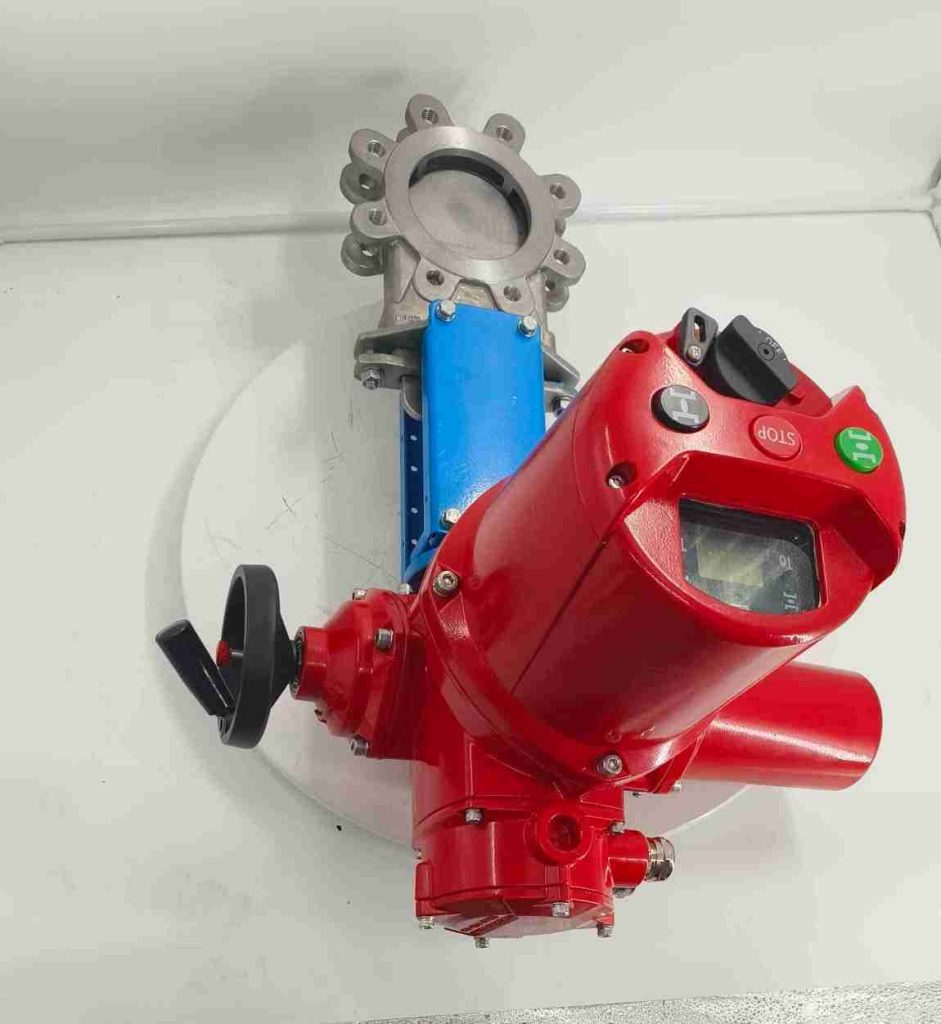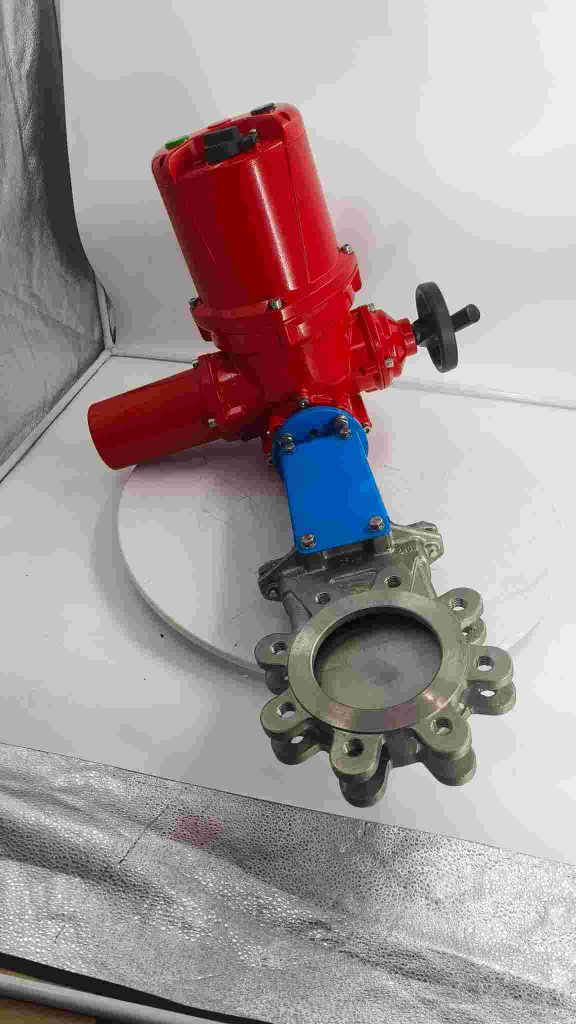Electric gate valves are an essential component in modern industrial processes, providing reliable and precise control of fluid flow in various applications. These valves are widely used across industries such as oil and gas, chemical processing, water treatment, and power generation. With advancements in automation and control systems, electric gate valves have become indispensable for ensuring the efficient and safe operation of many types of pipelines and systems. In this article, we will explore the working principle, key features, benefits, and applications of electric gate valves.

What is an Electric Gate Valve?

An electric gate valve is a type of valve operated by an electric motor rather than manual effort. It consists of a gate that moves up or down inside the valve body to control the flow of fluid through a pipeline. The electric actuator is responsible for driving the gate’s movement, either opening or closing the valve based on the required settings. These valves are commonly used in applications that require precise flow control and can be integrated into automated systems to allow for remote or automatic operation. Key Features of Electric Gate Valves Electric Actuation: Unlike manual gate valves, which require physical effort to operate, electric gate valves are equipped with electric actuators that allow for easy control through electrical signals. This feature makes them ideal for systems that require frequent valve adjustments or remote operation.
